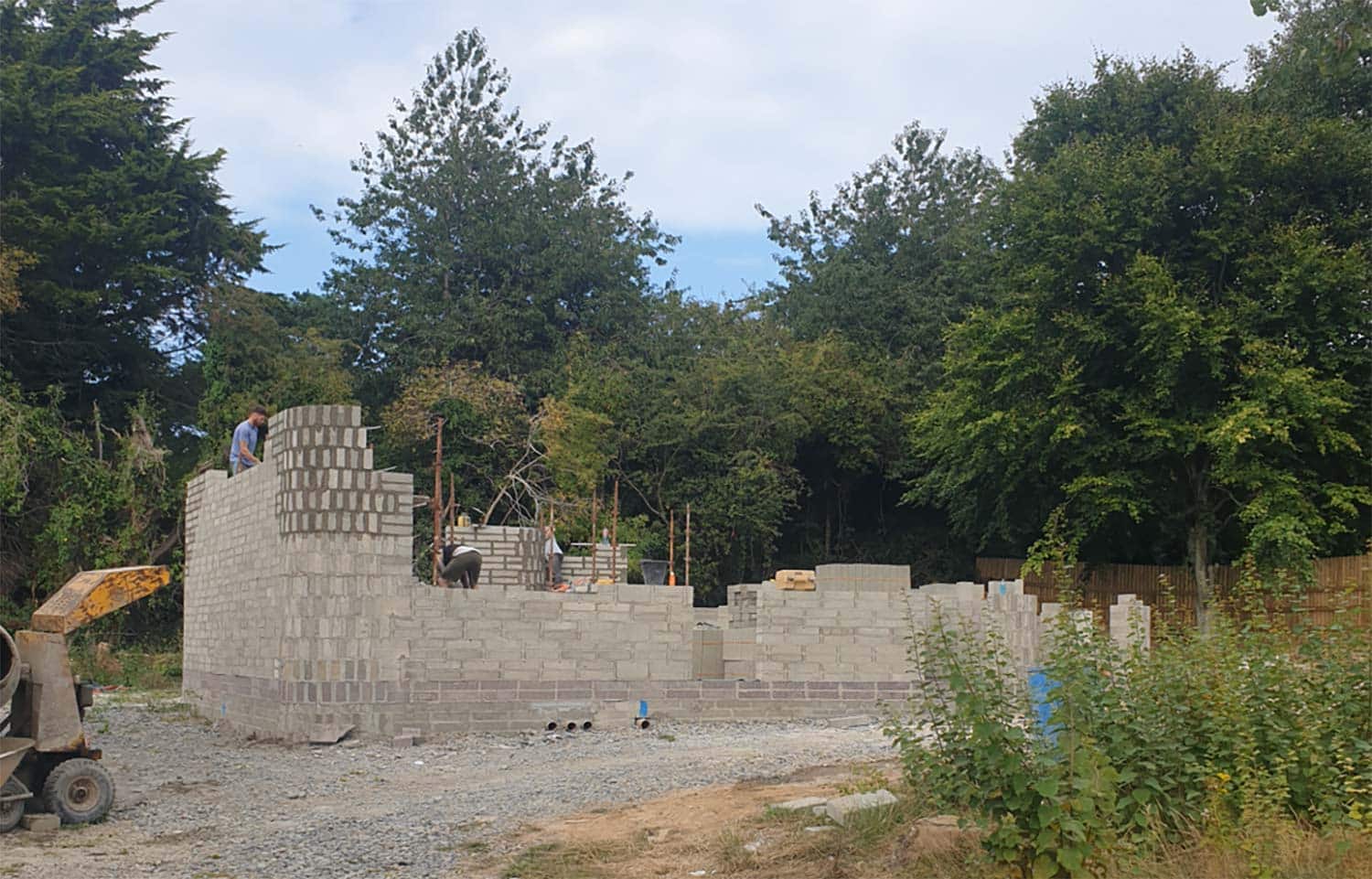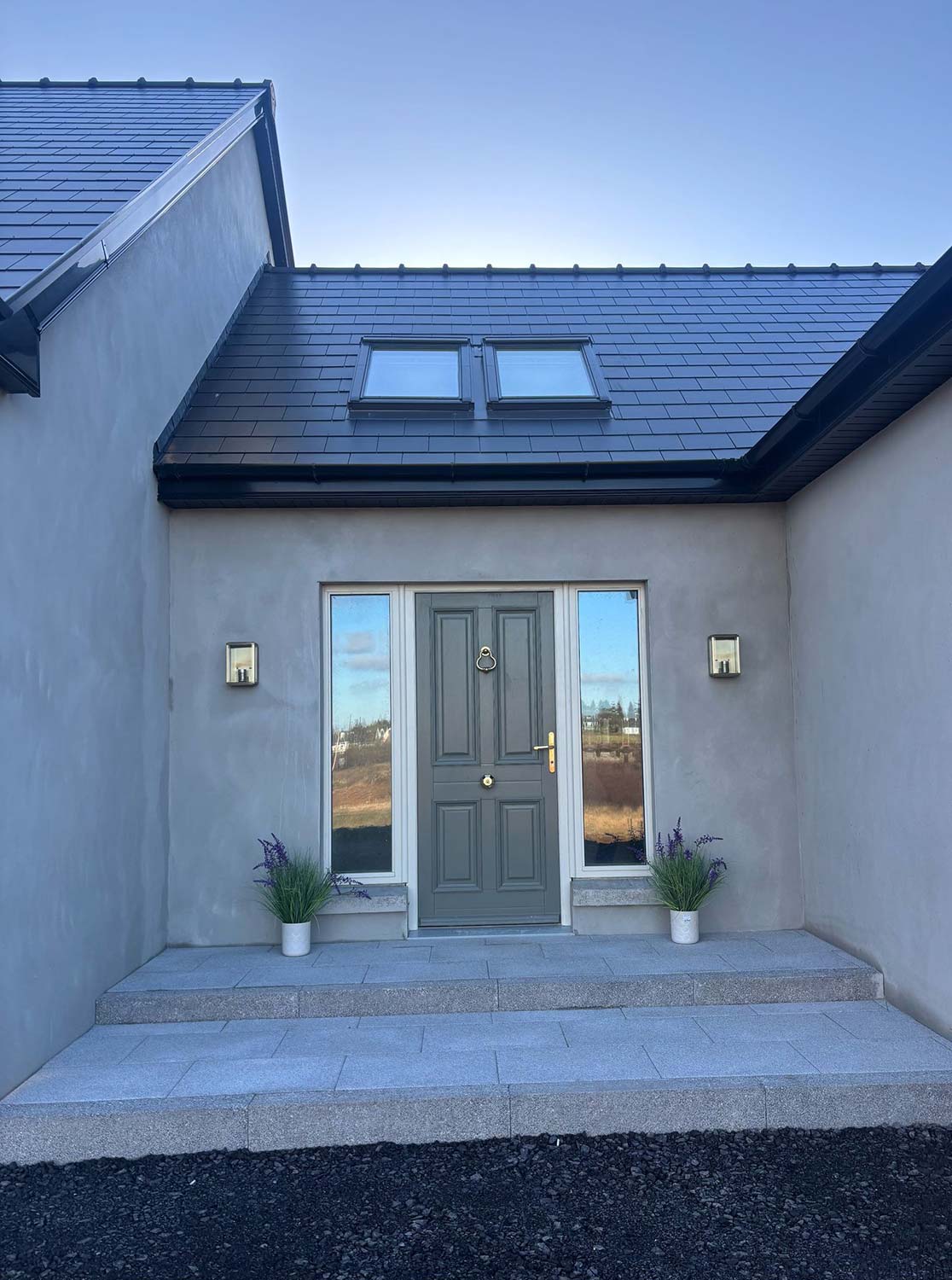In this article we cover:
- What approach to take to prevent disputes
- Real life scenarios to learn from
- The role of contracts

Keith Says: Communication, records, clarity and common sense are your friends in avoiding disputes so make sure you maintain them at all times.
In reality the worst-case scenario is having a dispute in the first instance as like a small seed in a garden, disputes grow into bigger disputes, they are hard to remove and very often they will require an intervention, so the best-case scenario is to put in place some procedures to ensure that you avoid them in the first place.
The thing that most people don’t realise is that a dispute will cost you money even if you’re right. A dispute will also cost you money to defend even if you’re right. And disputes always get resolved one way or another. The question is at what cost.
The best way to avoid disputes is to maintain clarity in position throughout a process coupled with effective communication between the parties. Effective communication is not sending email bombs at each other. It is face to face talking, resolving and clarifying.
A house is not built in a laboratory. It’s built often in the hardest of conditions, with various materials interacting, many often wet, and in a generally damp climate. Coupled with that, construction has an employer wishing to have the best house built for the least cost, and a builder who generally wishes to build the best house for the most amount of profit.
To avoid disputes, parties must have a clear starting point. You cannot fix an issue if you don’t know what the starting point is.
The initial agreed contract and what it includes should be documented and signed. The parties should sign a written contract which will act as a management tool for how issues that arise are to be dealt with. If an issue arises the contract should be followed. If a variation arises it should be instructed in writing by the contract administrator and where possible costs associated should be agreed (additions and/or omissions).
All items on a project should be documented. Progress, issues, labour, plant and the likes should all be recorded so they can assist parties as to the actual facts if required at a later stage. There should be no commercial discussions that are not documented.
Where there is a dispute in respect to an item it should be acknowledged, put to one side and dealt with separately. It should never stop or interfere with the progress of the project. If a dispute is allowed to bring a project to a halt, all it does is add cost and tension to the dispute on both sides.
That said, a dispute should never be just left to do a horse deal at the end, as parties will entrench on sums that they feel are already expended and there is no way to mitigate or work around the issue, so parties should be clear in their position but also clear in understanding the other side’s viewpoint and see if a middle ground can be found.
Resolve as you go is without doubt the best policy and where a resolution cannot be achieved, and parties are too far apart, don’t be afraid to ask for help, seek a mediator or as a last resort an adjudicator or arbitrator to finally resolve the issue.
The best advice I can give to anyone seeking to avoid a dispute is to answer your phone and answer emails and do not ignore the person you are in dispute with. In the majority of cases that will simply result in a phone call to a solicitor, which will most likely mean the parties lose control of the issue and the costs of the dispute escalate.
























